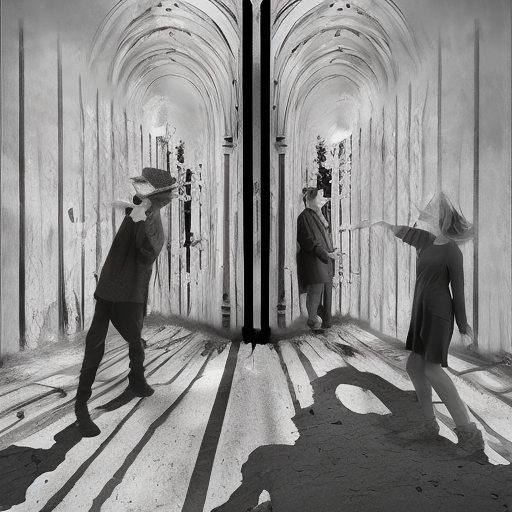Spoofs: A Hilarious Twist on Popular Culture
Spoofs are a form of entertainment that humorously imitate or parody well-known works, often in popular culture. They provide a lighthearted and comedic take on various genres, including films, television shows, songs, and even advertisements. Spoofs are created to entertain and amuse audiences by exaggerating and mocking the original work’s characteristics, themes, or style.
Types of Spoofs
Spoofs come in various forms, each with its own unique approach to humor and satire. Some common types of spoofs include:
- Movie Spoofs: These spoofs mimic specific films or entire genres, often by recreating iconic scenes or altering the plot in absurd ways. Examples include “Scary Movie,” which parodies horror films, and “Airplane!,” which spoofs disaster movies.
- TV Show Spoofs: These spoofs take aim at popular television shows, mocking their characters, storylines, and tropes. “The Simpsons” is known for its satirical take on various TV shows, such as “The Itchy & Scratchy Show,” which parodies violent cartoons.
- Song Spoofs: Song spoofs are humorous parodies of popular songs, often with rewritten lyrics that mock the original’s subject matter. “Weird Al” Yankovic is a well-known artist who specializes in creating song spoofs, such as “Eat It” (a parody of Michael Jackson’s “Beat It”).
- Advertisement Spoofs: These spoofs mock commercials and advertising campaigns by exaggerating their claims or presenting absurd scenarios. The “Got Milk?” campaign has been parodied numerous times, with variations like “Got Beer?” and “Got Milk? Not Anymore.”
The Art of Spoofing
Creating a successful spoof requires a keen understanding of the original work and the ability to cleverly exaggerate its elements for comedic effect. Spoofs often rely on satire, irony, and wordplay to generate laughter. The humor can range from subtle and clever to slapstick and absurd, depending on the creator’s intent.
Spoofs can serve multiple purposes. They may critique and satirize the original work, highlighting its flaws or absurdities. Alternatively, they can pay homage to the original while adding a humorous twist, celebrating its impact on popular culture. Spoofs can also act as a form of social commentary, using humor to address contemporary issues or cultural phenomena.
The Impact of Spoofs
Spoofs have had a significant impact on popular culture. They provide a way for audiences to engage with and reflect on familiar works in a new and entertaining manner. Spoofs often become cultural touchstones themselves, influencing future works and shaping audience expectations.
Spoofs can also serve as a form of catharsis, allowing audiences to laugh at the absurdities and clichés present in popular culture. By exaggerating these elements, spoofs provide a release valve for tension and frustration, offering a fresh perspective on well-known narratives and tropes.
Furthermore, spoofs have the power to introduce audiences to new perspectives and ideas. By subverting familiar narratives and genres, they challenge established norms and encourage critical thinking. Spoofs can also be a vehicle for social and political commentary, using humor to shed light on important issues and provoke thought.
The Enduring Appeal of Spoofs
Spoofs continue to be popular because they offer a unique blend of humor, nostalgia, and cultural commentary. They provide a form of escapism, allowing audiences to temporarily detach from reality and immerse themselves in a world of laughter and satire.
Spoofs also have a universal appeal, as they often draw on shared cultural references and experiences. Whether it’s a parody of a beloved film or a satirical take on a popular song, spoofs have the ability to connect with audiences on a personal level, evoking memories and emotions associated with the original work.
In conclusion, spoofs are a hilarious and entertaining form of parody that imitate and satirize popular culture. They come in various forms, including movie spoofs, TV show spoofs, song spoofs, and advertisement spoofs. Spoofs offer a unique blend of humor, nostalgia, and social commentary, allowing audiences to engage with familiar works in a fresh and amusing way.












